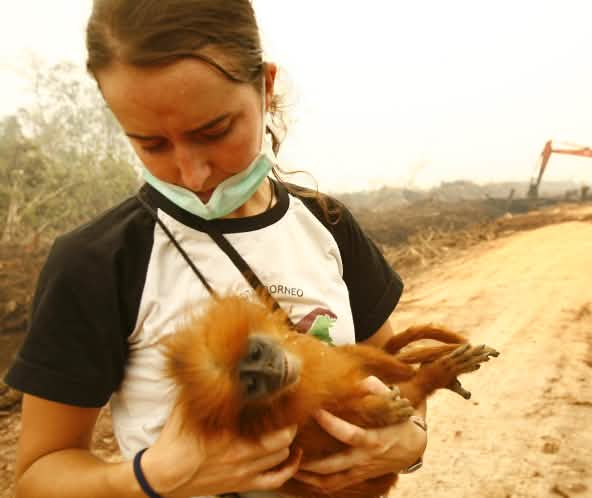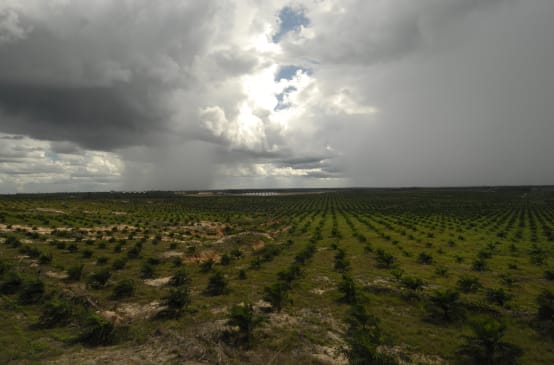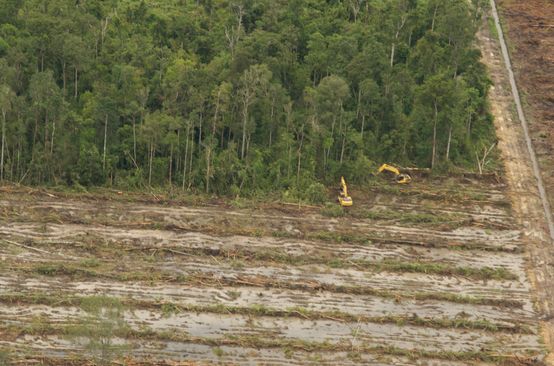News and success stories
Stay in the loop with news of ongoing campaigns and successes in the fight against rainforest destruction.

Indonesia: Dayak tribes in danger of extinction
According to the IUCN (International Union for Conservation of Nature), at least 236 plant species and 51 animal species are in danger of extinction in Kalimantan, the Indonesian part of Borneo island.

Palm Oil Industry will never be sustainable
Palm oil plantations already have caused deforestation of primary forests that in reality are part of ancestral and community land. As consequences, water sources, food, medicine, spiritality and culture are depleted. On November 18-20, 2008, palm oil companies met again (at the Round Table on Sustainable Palm Oil) in Bali, Indonesia, to continue their large scale expansion plannings.

More than 250 organizations condemn the greenwashing of palm oil
An International Declaration Against the Greenwashing of Palm Oil by the RSPO has spoken out against the wholesale expansion of palm oil in tropical countries and the human rights abuses, land conflicts, destruction of tropical forests and acceleration of climate change it entails.